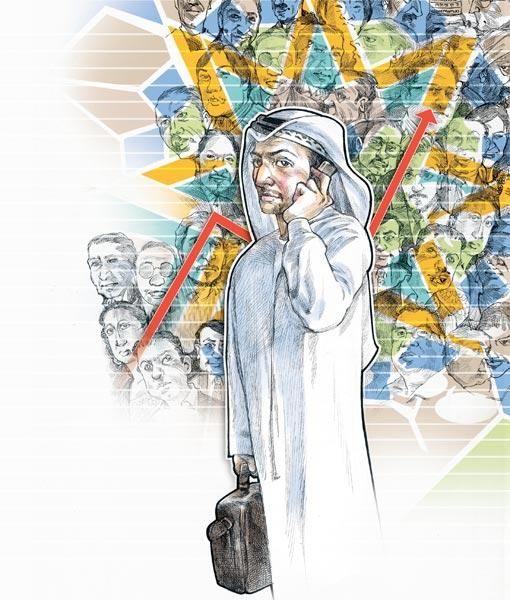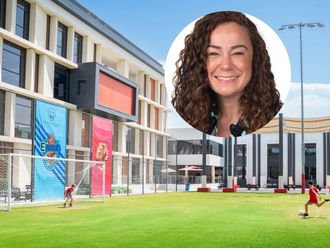Dubai: The oil flow in the UAE and GCC countries 50 years ago was accompanied by the influx of millions of foreign workers as well as investments and companies working in all economic fields.
The flow brought about radical changes in the structure of the simple Arabian Gulf societies, and turned them within a few years into advanced societies that use the latest inventions and have some of the highest living standards and infrastructures in the world.
The leap was well absorbed on the economic and technical levels. Citizens acquired high academic degrees from the world's best universities, and used the latest technologies in their homes and offices.
However, the problem lies in the social and cultural aspects. A report published by the Ministry of Labour recently highlighted the presence of over 3.1 million foreign workers from 202 countries in the UAE.
They make up more than 90 per cent of the workforce and work for 260 local and foreign companies.
There is no doubt that this is an accomplishment by all standards. The UAE became the region's economic hub and the local economy achieved unprecedented growth rates.
The other side of the coin is that this progress was accompanied by fast and effective global changes in the age of globalisation, including the close monitoring of workers' rights, in which the UAE achieved great progress in the past decade.
This coincided with a relative decline in the number of Emiratis, which posed a challenge to national identity and prompted the government to bring the issue under the spotlight and name 2008 as the year of national identity.
Logically, the high growth rates must be maintained for domestic and international reasons related to the country's position in the area of international economic and commercial relations.
The other factor is the country's need to prepare for the post-oil stage by diversifying sources of national income and developing non-oil industries, including tourism, which needs a large number of workers.
Development
This tendency means more foreign workers will be brought to the country, since development cannot be achieved without trained labour, and the national workforce is not sufficient for all the current needs.
No doubt it is a difficult equation, but finding a formula that balances high growth rates and economic diversity on one side, and protecting national identity on the other is possible, at least to reduce the increasing foreign pressure.
There are no ready solutions for this problem, but the way this issue is handled must be changed in line with domestic and international changes in the age of globalisation, and after taking the interests of all parties into consideration, which is one of the targets of the UAE's leadership.
The need for foreign manpower will continue for many years, and is necessary for maintaining growth rates, high living standards and economic diversity.
This requires preserving the national identity through enhancing national culture and changing the common understanding of the value of work, especially towards manual work, which is looked down upon with no consideration for its importance for economic development.
This condescending look by society does not allow the development of vocational training, which is one of the most important bases of development of modern societies, as it provides the skilled manpower needs of most economic sectors.
Experienced and skilled foreign workers, which contribute to development and production, must be attracted, while excess and marginal foreign workforce must be reduced, especially that it constitutes a big portion of the total foreign workforce.
The concept of the productive citizen who effectively contributes to the development process must be enhanced so that he would participate in the liberalisation of the Gulf job market and implementation of the Gulf Common Market.
This in turn would contribute in the free movement of workforce within GCC countries, while ensuring that the basic rights of workers are protected as in their countries.
Flexibility in dealing with the issue will have a deep impact on the economic and social structure, as well as on general situations in GCC countries, which suffer similar problems at various degrees.
- Dr Mohammad Al Asoomi is a UAE economic writer












